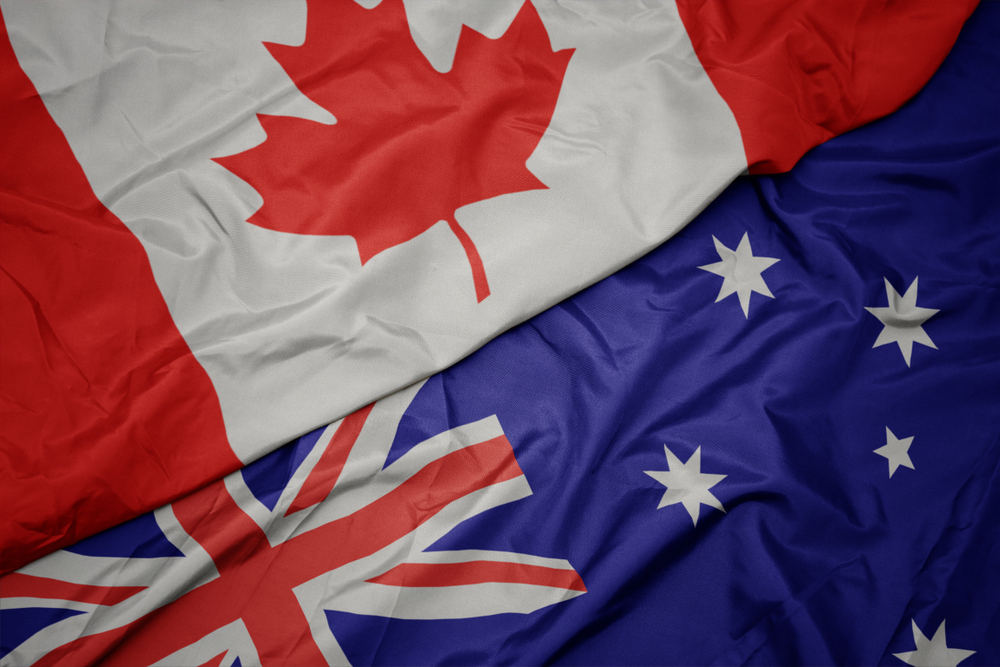AusCan Forum: The role of IP in AusCan Economic Relations

The 2025 AusCan Forum in Sydney brought together key leaders from Australia and Canada to tackle global challenges across trade, security, and technology. Amid these discussions, one issue stands out: intellectual property (IP).
As both nations face rapid technological change, the role of IP in driving innovation and securing economic growth has never been more critical, and forums like AusCan play a crucial role in shaping the future of IP policy. Jessica Lee is a Senior Associate at Griffith Hack who sits as Co-Secretary on the NSW Committee of the Canadian Australian Chamber of Commerce.
“I think what’s amazing about something like this is that it’s an initiative that involves both the industry – so the actual companies that are investing into our respective countries – and it’s also supported by the government. You’ve got the Canadian Trade Commissioner coming and you’ve got the local consulate organising everything, even the Chamber of Commerce was involved,” said Lee.
Beyond businesses, these forums provide a platform for stakeholders from both countries to engage in meaningful discussions, collaborate on new ideas, and share best practices. With a sum of prominent political leaders present, discussions can take place that act as a catalyst for change and actionable strategy. These conversations, when formulated upon tangible policy and open-minded collaboration, become more than just theoretical debates, but spark the kind of transformation that can reshape the political landscape and influence real-world outcomes.
In the context of IP, events like these are imperative for networking, identifying opportunities for development and aligning legal and regulatory frameworks to support innovation. The forum promises discrepancy and anonymity, which allows individuals to have honest discussions without fear of consequence, building trust across boundaries and accelerating the journey to the common goal.
By understanding how each country approaches IP law and its enforcement, innovators can navigate the complexities of patenting and copyright in both markets, facilitating smoother cross-border partnerships.
“With government involvement, this also means that the development of policies that are compatible with each other, for example with IP, as you know, we have the TRIPS agreement, we have bilateral agreements and, in those agreements, often there’s IP related discussions. So, when forums like this take place, it means that policies can be made in respect to countries that satisfy those agreements,” Lee said.
Lee argues that discussions at these forums often allow for streamlining IP processes and fostering greater alignment between Australia and Canada’s IP systems. By working together to harmonise patent filings, copyright protection, and trademark registration processes, these countries can create a more unified approach to IP that benefits innovators and businesses alike. With a focus to push for more initiatives like this and encouraging dialogue between nations, we can foster a prosperous environment for IP-driven economic growth.
“The friendly relationships formed at these forums support the great relationship Australia has with Canada, and that sentiment is shared by the Canadians as well, which in turn, make it easier to do business with each other,” Lee added.






